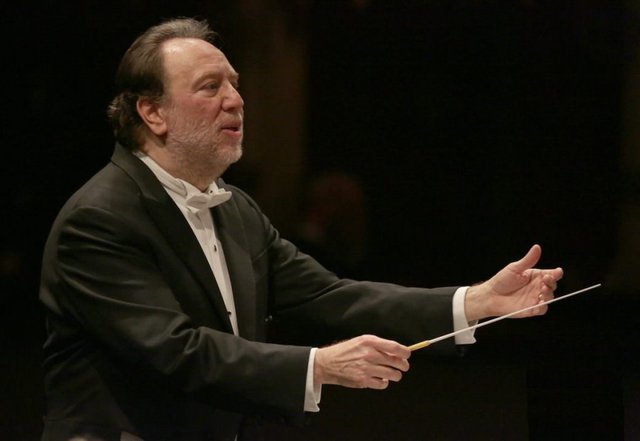
The mahlerian memories of Riccardo Chailly
Or the performance of large musical pages by prestigious orchestras and illuminated directors rarely gives rise to events that do not deserve the highest praise. There may be less or greater emotion from the public, we can see more or less specific details that make us cry out for the miracle, but it is also completely useless to draw up rankings that do not make any sense (as it makes no sense, is clear , putting everything and everyone on the same level as unfortunately has become a bad thing to do or, even worse, indicate as "definitive" the last good thing heard in the theater, paraphrasing in positive the famous Tuscan boutade on the so-called "tradition".
I will not say therefore that the performance by the Filarmonica della Scala and Riccardo Chailly of the Third Mahler Symphony hosted yesterday by the theater has represented the most beautiful that is possible today to listen in all senses, even if we have been close to an extraordinary level of perfection. I will limit myself to observing how particularly significant was the formal and poetic framing of Chailly's first, colossal movement, how the extraordinarily clear structure of the sonata form was perceived in a remarkably clear manner, implied by a discourse that reaches levels in this symphony of intensity never before understood. And yet it was clear that the tribute to Claudio Abbado was evident from the director. Not the one finished at the highest levels of the Lucerne concerts, but the previous one, of the Scala years, of the Mahler cycle that Chailly himself had personally experienced as Abbado's assistant in the theater. Executions that perhaps showed some imperfection, with an orchestra not technically accustomed to current standards, but full of enthusiasm, which made you read the difficult scores of Mahler or Bruckner with the eye of the neophyte, who first discovers the emotional aspects of a music, and only then he analyzes the technical complexity, the hidden secrets, the connections with other works by the same composer, the references to external motifs.
So much emotion in the theater, therefore, also from the orchestra itself (extraordinary Manara with its "suns"), of the contralto Gerhild Romberger, and of the same director who took some time, at the end of his commitment, to go back down to earth after being immersed in a journey that few people understand how it can represent an immense psycho-physical effort for an individual: to maintain absolute control over such a vast orchestral ensemble and at the same time be overwhelmed by emotion! Great success.